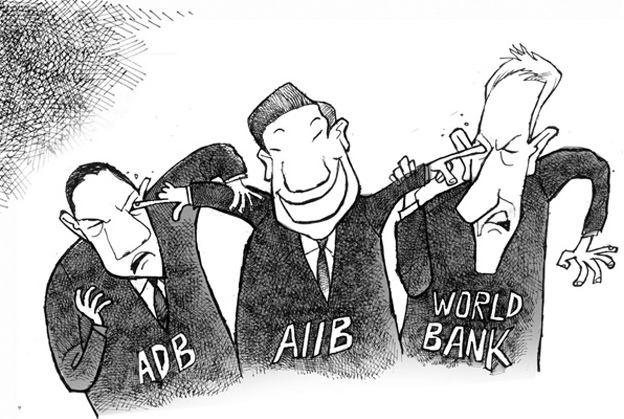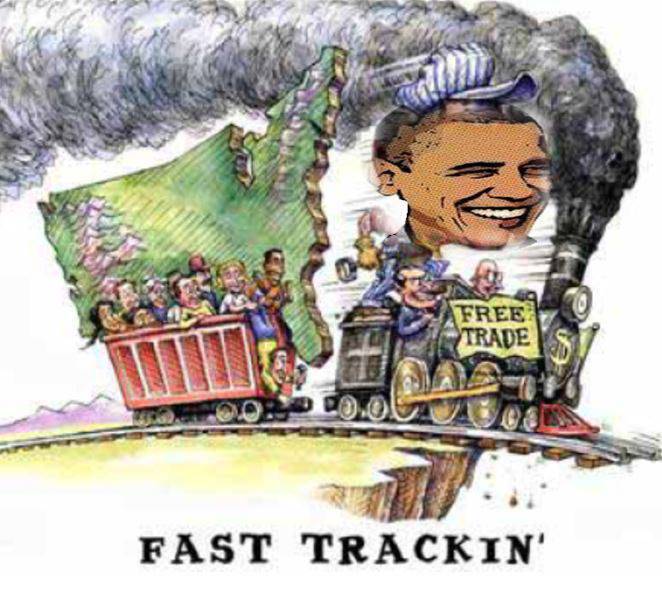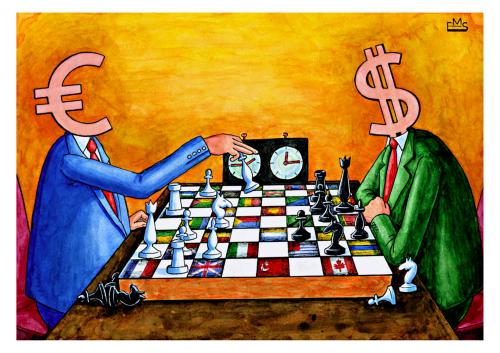President Barack Obama ordered the US government to take steps towards lifting sanctions on Iran, in accordance with the historic nuclear deal struck between six world powers and Tehran.
Obama’s directive comes 90 days after the UN Security Council endorsed the accord signed in Vienna in July, a milestone referred to as “Adoption Day.”
“I hereby direct you to take all necessary steps to give effect to the US commitments with respect to sanctions,” Obama said in a memorandum addressed to the US secretaries of state, energy, commerce and the treasury.
The measures will take effect upon confirmation by the Secretary of State that Iran has met its commitments under the so-called Joint Comprehensive Plan of Action (JCPOA), as the accord is known, Obama said.
“This is an important day for all of us and a critical first step in the process of ensuring that Iran’s nuclear program will be exclusively for peaceful purposes,” Secretary of State John Kerry added in a statement.
But no sanctions will be lifted immediately — full relief will come not on “adoption day” but on “implementation day,” the point when the IAEA is able to certify that Iran has fully complied with its end of the bargain.
Under the deal with world powers, Iran will dramatically reduce its uranium enrichment program, surrender or dilute most of its highly enriched fuel and open its nuclear sites to inspectors from the IAEA, the UN nuclear watchdog.
In return, the United States, Europe and other countries will rescind a raft of economic sanctions imposed on Iran because of fears that its nuclear research program concealed plans to develop an atomic bomb.
The European Union’s foreign policy chief Federica Mogherini and Iranian Foreign Minister Mohammad Javad Zarif were also set to make statements on the lifting of crippling sanctions on Tehran.
Tehran has said it hopes “implementation day” will come quickly, in less than two months, but Washington envisages a longer timeframe.
“For us it’s important that it’s done right, not that it’s done quickly,” a senior administration official told reporters. “We cannot imagine less than two months.”









